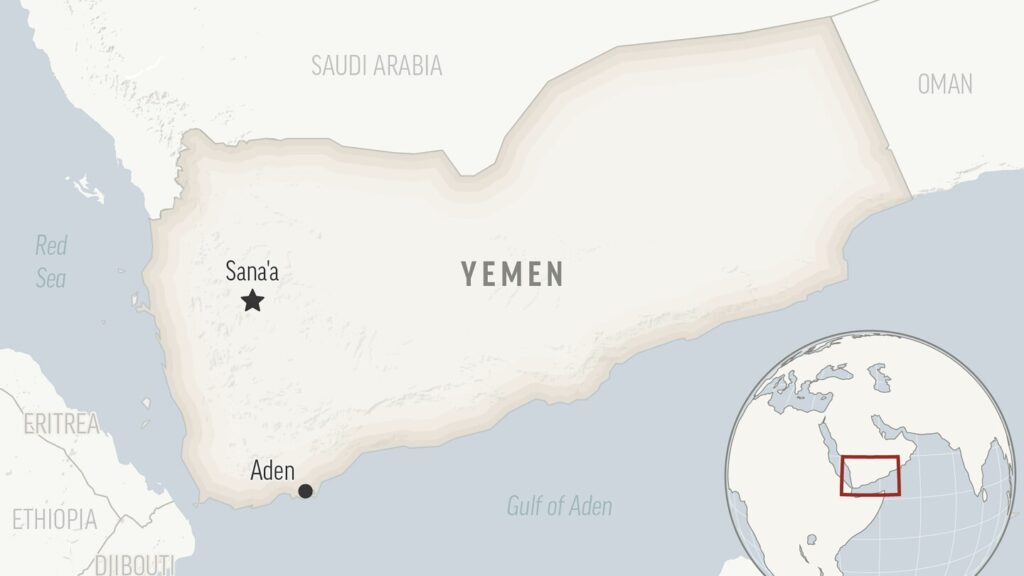The U.S. airstrikes in Yemen targeting an oil port held by the Houthi rebels resulted in 38 deaths and 102 injuries, marking the deadliest attack under President Trump’s new campaign against the rebels. Despite the lack of official information on casualties released by the U.S. military, the strike on the Ras Isa oil port was a significant escalation. The Central Command stated that the aim was to cut off a revenue source for the Iran-backed Houthis. The Houthi rebels condemned the attack, calling it a violation of Yemen’s sovereignty.
The conflict in Yemen has further internationalized, with the U.S. accusing a Chinese satellite company of supporting the Houthi attacks. The Houthis retaliated by launching a missile towards Israel, though it was intercepted. The U.S. campaign against the rebels, initiated due to threats against Israeli ships, has intensified under Trump, targeting not only launch sites but also ranking personnel and cities.
The campaign aims to pressure Iran over its nuclear program, with the U.S. linking the airstrikes to upcoming negotiations between the two nations. The situation is complex, with challenges in assessing casualties and the involvement of external actors like China. The ongoing conflict in Yemen continues to have far-reaching implications, affecting regional stability and international relations.

